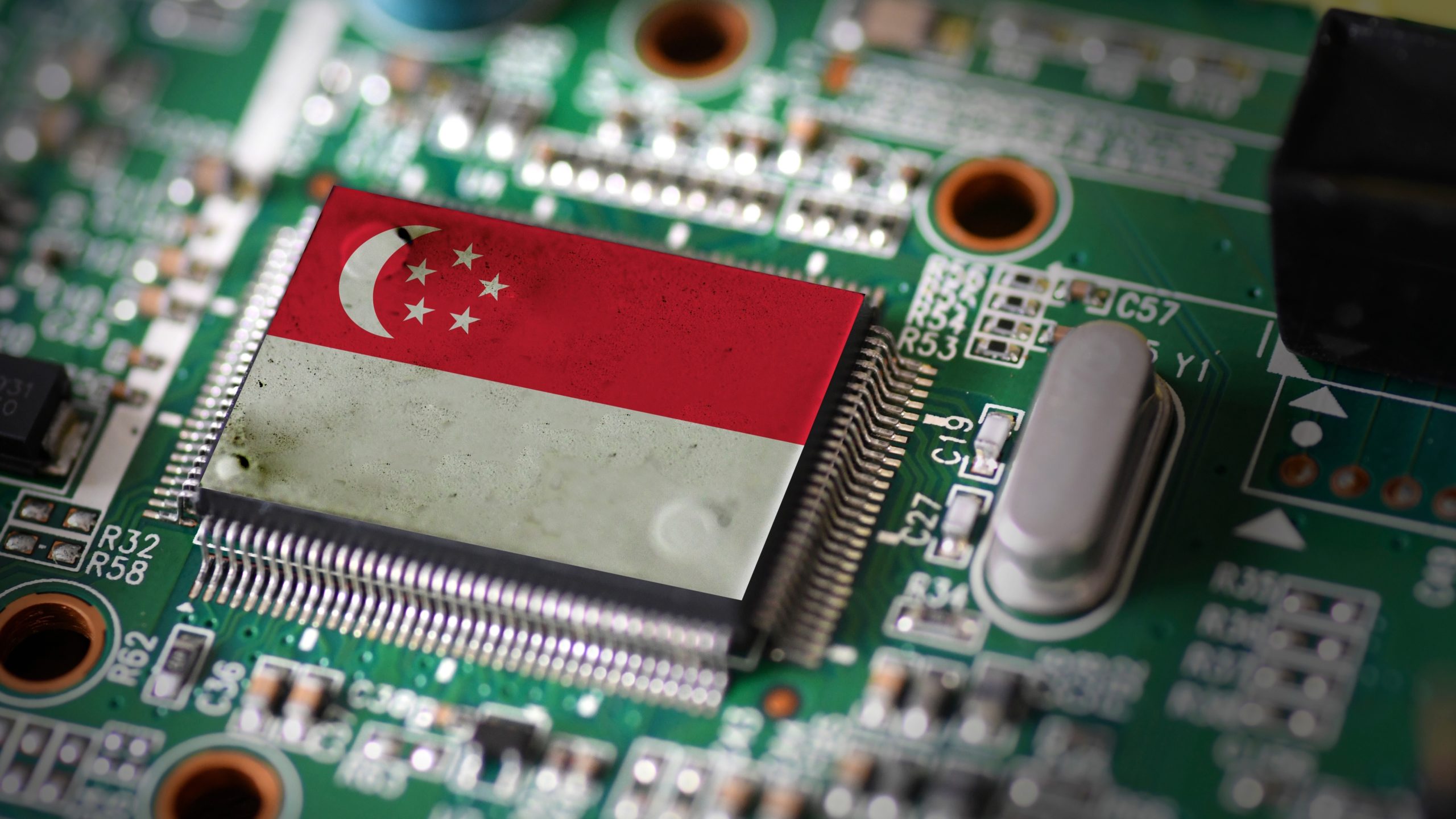A senior government official in Singapore said that only a fraction of Nvidia’s sales in the country actually make it into the country. Bloomberg said that Singapore’s Second Minister for Trade and Industry, Tan See Land, made this statement as Washington is investigating whether the firm behind DeepSeek used banned Nvidia GPUs smuggled via the island state.
“The physical delivery of products sold by Nvidia to Singapore represent less than 1% of Nvidia’s overall revenue,” Tan said. He then added, “It is common practice for global entities to centralize the billing for procured goods and services in their hubs, but this is separate from where the products are shipped to so far from our checks.” This is despite reports saying Singapore accounts for nearly 28% of Nvidia’s revenue for 2024.
$NVDA’s Singapore revenue in the last quarter was $7.7B (+185% YoY), more than half of its U.S. revenue. Let’s not pretend the U.S. is the only region with chip access. pic.twitter.com/WhgLf84v9dJanuary 28, 2025
That means a company based in Singapore could order chips from Nvidia, with their billing address marked as such, but have them delivered to another country. However, Tan said this business strategy isn’t new, with many multinational companies operating across borders doing the same thing, saying that if you’re operating in different countries, it’s sometimes more cost-effective to bill everything using the headquarters address and then have the items shipped directly to where they’re needed.
In fact, Nvidia itself has long said [PDF], “Revenue by geographic area is based upon the billing location of the customer. The end customer and shipping location may be different from our customer’s billing location. For example, most shipments associated with Singapore revenue were to locations other than Singapore and shipments to Singapore were insignificant.”
However, Singapore is closely tied to China — especially in business. This is especially true in the tech sector, where many Chinese companies have set up key offices on the island. For example, TikTok, which Chinese tech giant ByteDance owns, has its headquarters in the country, and its CEO is also Singaporean. Despite that, the country also considers the U.S. to be a key strategic partner, both in trade and politics, with the two countries’ militaries even allowed to use each other’s facilities on the island and in Guam.
The country has to carefully balance its relationship with China and the United States, especially as the countries are currently engaged in a trade war with various bans and sanctions taking effect in recent years. Singapore likely doesn’t want to be put on Washington’s entity list, especially as it considers itself a business-friendly country, and getting on that list means it will have several limitations put on it, especially in the tech space. Because of this, Tan said that the Singapore government is working closely with U.S. authorities to investigate this discrepancy and that the country does not condone any business using their Singaporean address to get around export controls set by other countries.
